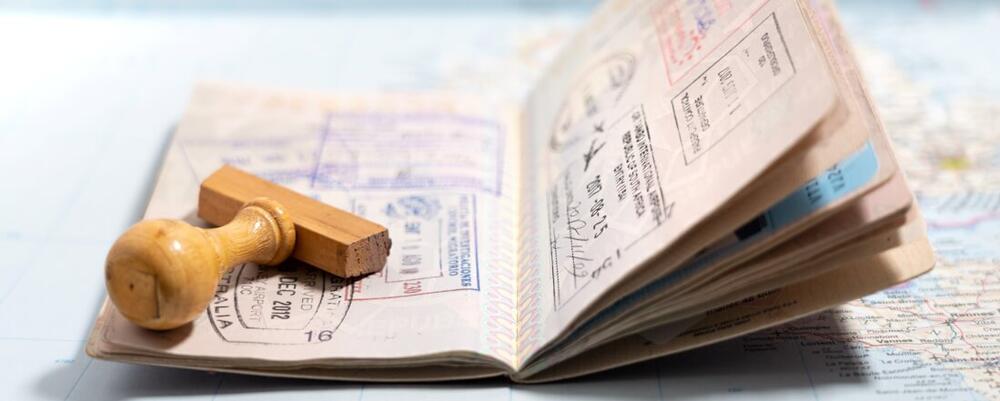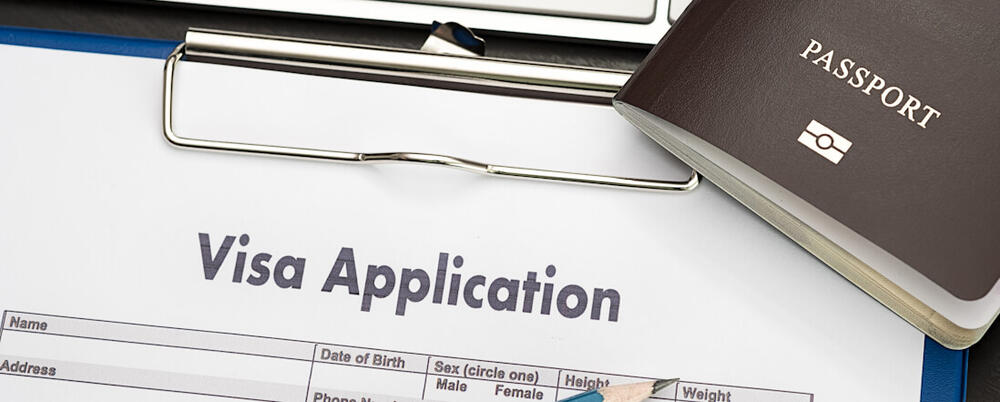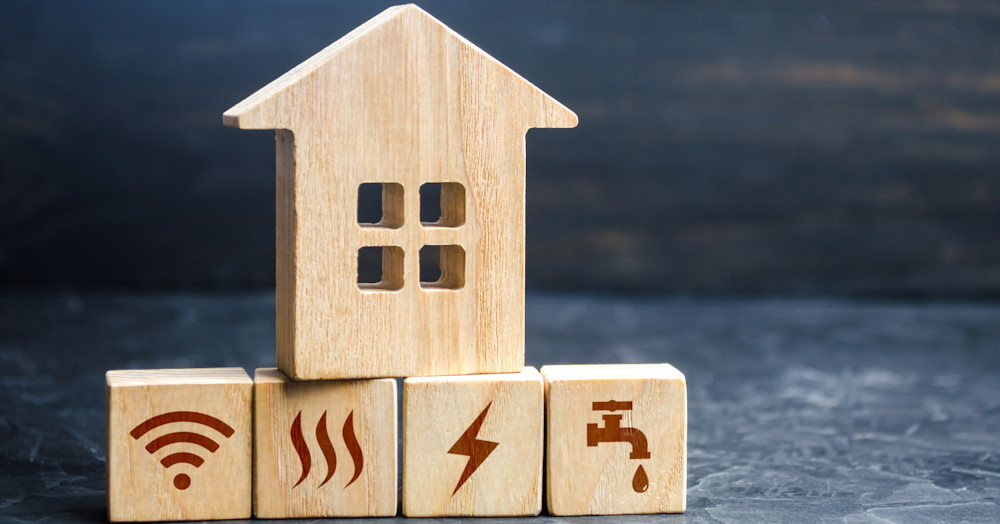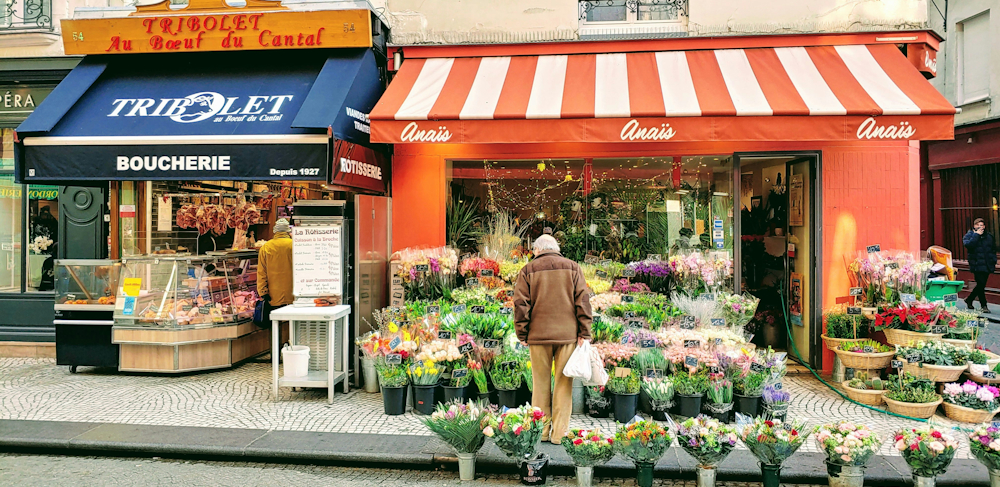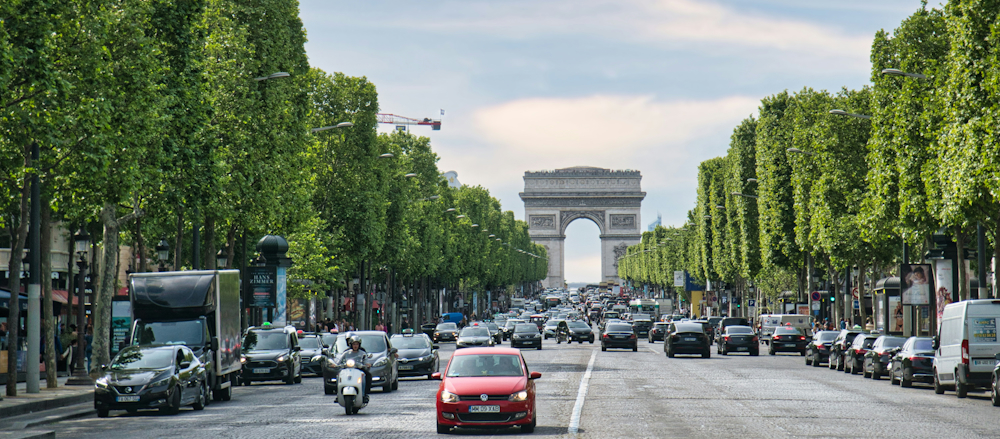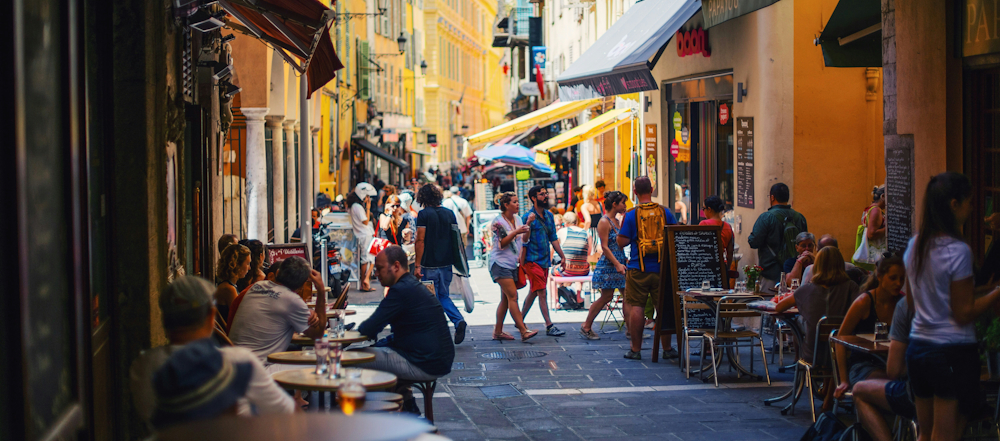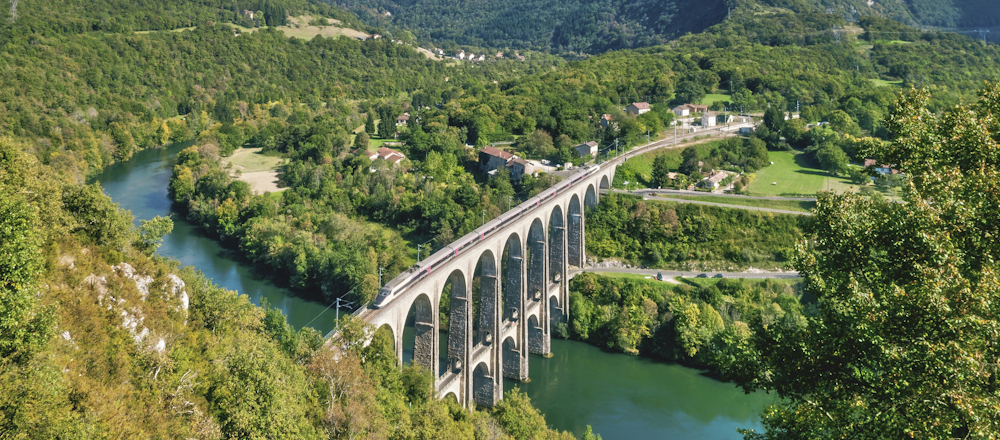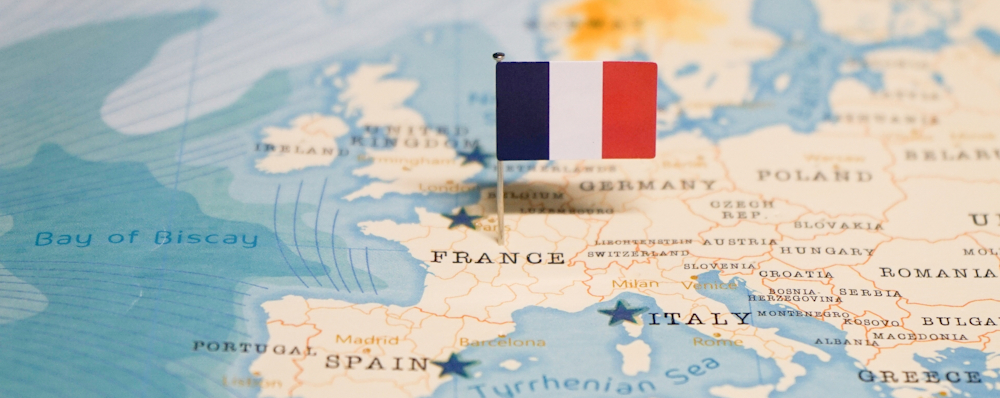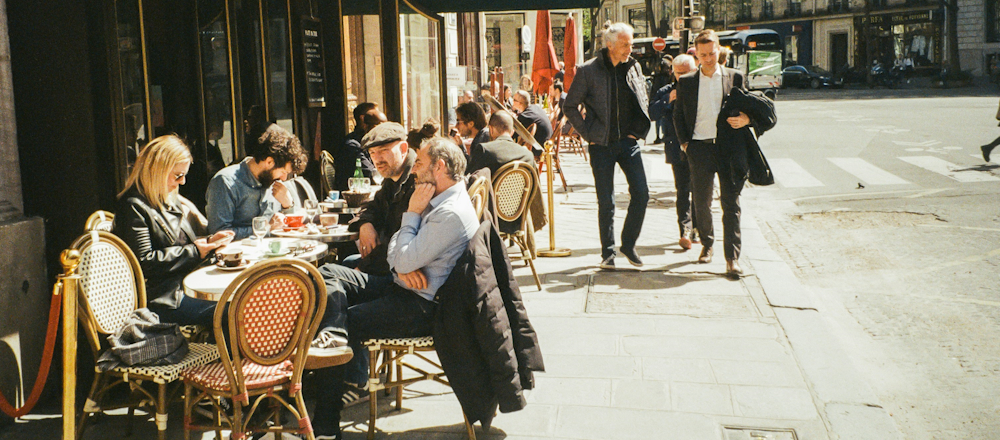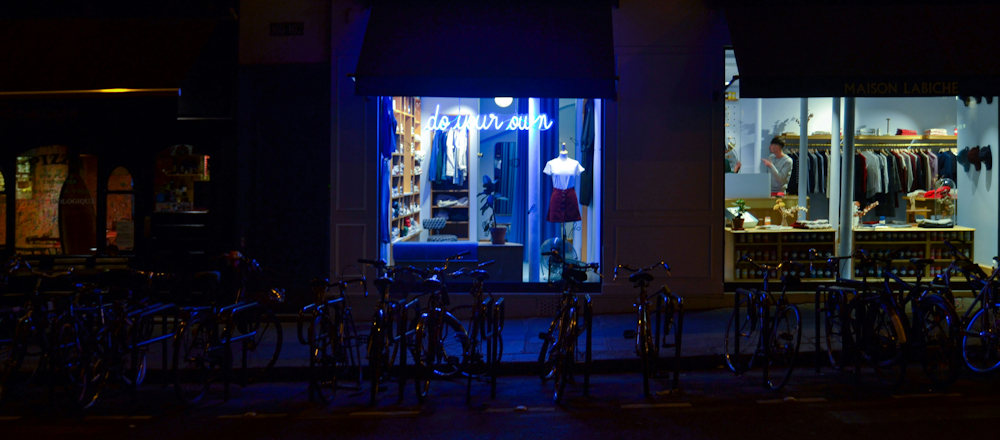Getting a work permit for France means meeting a number of requirements that vary based on your country of origin. If you’re a citizen of the European Economic Area (EEA) or Switzerland, you don’t need a work permit to take up employment in France – you can simply move and start working.
Non-EEA nationals (also known as third-party nationals) will face a more complicated application process in obtaining the right to work in France. The French government limits the number of job categories open to non-European international arrivals, with preference given to fields facing shortages, such as healthcare, engineering, manufacturing, and hospitality. The country recently updated its shortage occupations list, expanding opportunities in high-demand sectors.
For third-party nationals in non-shortage fields, this situation makes it challenging to secure a work permit for France.
Your eligibility for a French work permit links directly to your employment status, and you’ll usually need a job offer before relocating. The prospective employer often handles the permit application process on behalf of the employee, submitting the contract and relevant documents to the French Ministry of Labour for approval.
When job hunting in France as a non-EU citizen, you’ll need to demonstrate that your skills can’t be found among EEA nationals – a tricky hurdle to clear. Pack your patience for this process; you’ll get a first-hand taste of the country’s notorious bureaucracy. Most applications take two to three months to process.
Finding a Job in France
Visas and Residence Permits for France
Types of work permits in France
Work permits in France come in several forms, each with specific validity periods, requirements and allowed entries. The type of work permit required depends on your profession and intended length of stay.
Common options include the Talent visa (valid for up to four years), Employee Permit (for permanent contracts), EU Blue Card (for highly skilled workers), and Temporary Worker Permit (for short-term assignments).
Talent visa
The Talent visa targets highly skilled professionals, startup founders, and investors. Valid for up to four years and renewable, this permit allows your family to join you in France with enhanced work rights.
Family members received expanded employment rights in 2025, including simplified residence permit procedures that bypass standard family reunification requirements.
You’ll need to demonstrate exceptional skills or qualifications in your field to qualify. Processing typically takes around three months.
EU Blue Card
The EU Blue Card provides a direct pathway to permanent residence and appeals particularly to professionals seeking long-term European career flexibility.
This permit underwent major reforms in France in May 2025. The minimum employment contract duration has been reduced from one year to six months. You can now qualify with three years of professional experience in certain fields instead of requiring a university degree, or with five years of comparable professional experience. The scheme also offers improved mobility within the EU.
Enhanced EU mobility provisions allow holders of EU Blue Cards from other member states to enter France visa-free after 12 months in the issuing country (previously 18 months), with application for a French Blue Card required within one month of arrival. EU Blue Card holders who have spent at least six months in a second EU member state after an initial 12 months can also benefit from these provisions.
Employee Permit
Available to those with permanent employment contracts (CDI) in France, this permit requires your employer to prove they couldn’t find suitable candidates within the EU.
The 2024 immigration law created a special one-year Employee Permit for shortage occupations, making it easier to work in high-demand fields.
France’s updated shortage occupations list from May 2025 includes over 80 roles in healthcare, construction, hospitality, manufacturing, agriculture, IT, and cleaning services. From January 2026, you’ll need to demonstrate A2-level French proficiency for multi-year permits (increased from the current A1 requirement).
Temporary Worker Permit
If you’re taking on short-term contracts (CDD) or seasonal work, this permit matches your employment duration. Your employer must justify hiring from outside the EU, although requirements are sometimes relaxed for shortage occupations.
Entrepreneur/Self-Employed Permit
For freelancers and business owners, this permit requires a solid business plan and proof of sufficient resources. You’ll need to demonstrate how your enterprise benefits the French economy and creates jobs.
Useful links
- Welcome to France: Work Permit Application
- France-Visas: Professional Purpose
- Service-Public: Work Authorisation for Foreign Employees
- Welcome to France: EU, EEA and Swiss Nationals
Applying for a work permit for France
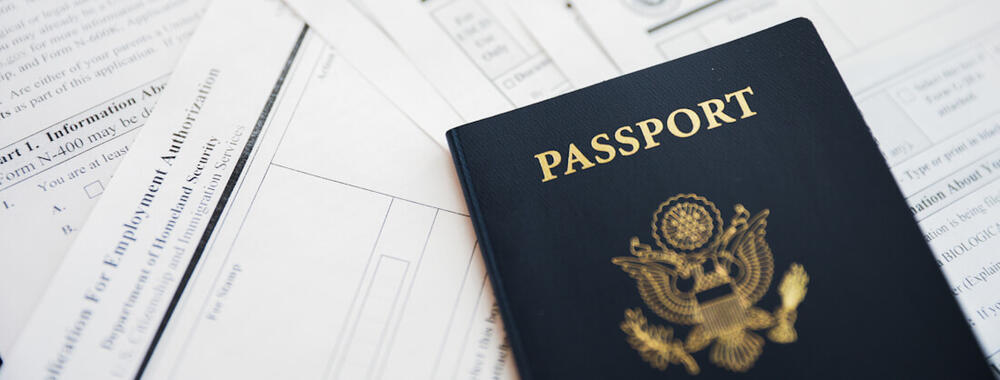
Applying for a work permit for France for stays longer than three months requires a long-stay visa. This can only be requested after your prospective employer sends your work contract to the French Ministry of Labour for approval.
Once the contract has been reviewed and approved, you can book an appointment to apply for the visa. After arriving in France with your long-stay work visa, you must register with the Office Français de l’Immigration et de l’Intégration (French Office of Immigration and Integration) within three months.
Since 2023, most applications have been submitted through the ANEF (Administration Numérique des Étrangers en France) online platform. This digital system handles everything from initial applications to renewals. The platform sometimes experiences technical challenges, including system failures and processing delays that have even prompted legal action from advocacy groups.
Submit your application two to three months before your planned travel date for best results. For renewals, apply three months before your current permit expires.
Useful links
- ANEF: Digital Administration for Foreigners in France
- French Office of Immigration and Integration (OFII)
- France-Visas: Application Guidelines
Visa and work permit regulations are subject to change at short notice, and you should contact your respective embassy or consulate for the latest details.



